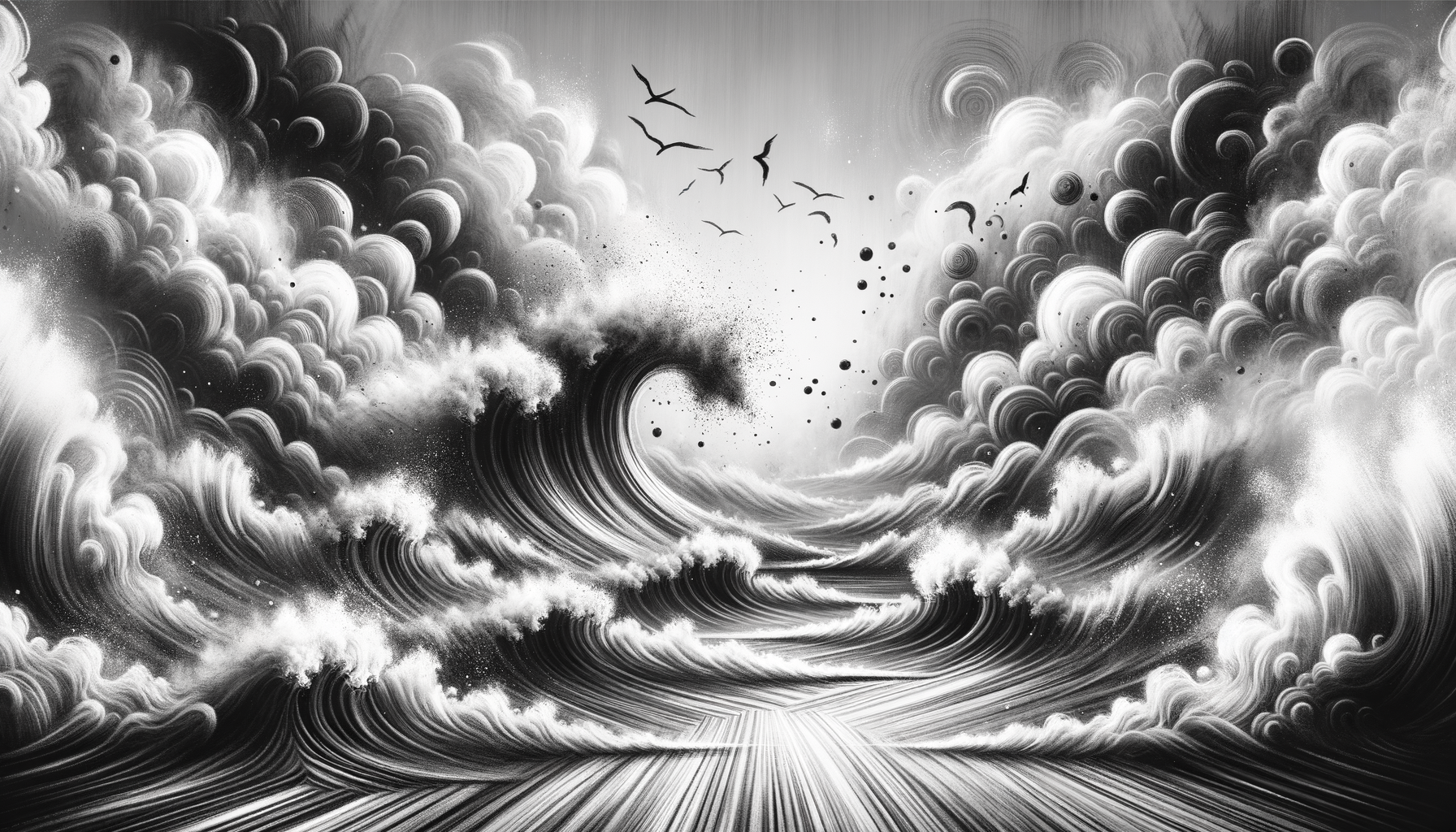It started, as these stories often do, with the unexpected vibration of my phone. Not the kind of robotic hum you mindlessly ignore pre-coffee, but the persistent ring that cuts through your day like the opening notes of a maritime shanty—unshakable and oddly charged. I remember it because I was ankle-deep in seagrass behind my parents’ Nantucket inn, trying to fish out an errant beach ball that had somehow eloped from the hands of a summer tourist. My first thought was that the call was a fellow islander tattling on the ball for public mischief. My second thought, well… that’s when everything changed.
An Unexpected Offer: Or, How I Found Myself at a Crossroads
The voice on the other line was warm—effortless, like an old friend asking if I’d had my fill of clam chowder yet this season. But it wasn’t a buddy. It was a small-time editor from a literary magazine in Boston. My first novel, a niche historical saga about a young sailor caught between family legacy and his conscience, had apparently made its way onto his desk. Me, caught unawares under a Nantucket sky, had no idea how to respond.
“Uh, thanks? I mean, I’m glad you liked it,” I stammered, the beach ball still glued to my hands like a buoy too shiny to throw back to sea.
He chuckled, and then said something that made my heart race: “We’d like to feature it—and you. Interested in an interview?”
I stood frozen, my mind cartwheeling. Do people really get life-changing phone calls this casually? It felt like the kind of scene someone writes in a Hallmark film, right before we all learn the protagonist is secretly heir to a vineyard fortune.
In truth, this was no vineyard fortune, no Gatsby mansion. But for a writer used to weaving dense scenes about lonely whalers lost at sea, it might as well have been. My work had been deemed not just passable, but worthy of a broader stage, and I realized in that moment just how deeply I craved connection—to readers, to people who might see themselves in my characters, to the world outside this tiny island I’d never fully left behind.
Connection Is the Currency of Every Good Story
What followed was a blur of questions—Why me? Why now?—and an equally rapid stream of answers. “Because your voice captures something rare,” the editor said, and in a bewildering twist, I believed him.
After hanging up, I dropped the now-abused beach ball (apologies to its rightful owner) and made my way to the harbor, a place I always went to think. The air there always smells like a mix of salt and possibility, and I let myself just breathe it in.
What hit me that day was how much the call mattered not because of its professional implications, but because of its timing. I’d spent so many years burying myself in harpoon-laden narratives that I rarely paused to think about the people for whom I was writing. Just as the old whalers cast lines into the brine, hoping to haul something heavy to shore, I realized that I, too, had been fishing—for validation, for understanding, for someone to say, “Hey, you’re doing okay.”
This, I learned that day, is true of all good connections, personal or professional: they sneak up on you when you least expect them but most need them. Sometimes it’s a phone call from Boston with a dash of literary luck; other times, it’s someone laughing sincerely at your third bad Tinder pun of the night.
Lessons From the Call (and What I Wish I’d Known Then)
Looking back, there’s a lot that call taught me—and would teach anyone experiencing those wildly transformative moments we all secretly long for. And because I find myself perpetually in the business of advice, here are a few “anchors” (to indulge my maritime metaphors):
-
Stay Ready, Even When Nobody’s Watching. Your greatest opportunities won’t always wait until you’re “perfectly” prepared. Sometimes they demand you, messy hair, seagrass-covered sneakers and all. Just like love, the best moments don’t usually knock politely—they sort of tumble in, requiring you to just show up as you are.
-
Don’t Overthink the “What Ifs.” I almost declined the magazine interview, convinced on some deeply insecure level that the whole thing would implode. (Spoiler: it didn’t, though a microphone did fall mid-recording—a different story for another time.) Take the chance. Say yes—not recklessly, but often enough to keep things moving.
-
Celebrate Small Victories. While that call was a dazzling turning point, what made it possible were years of writing when nobody was reading. No published works, no Boston editor. The same principle applies whether you’re embarking on romance or career ambitions: you can’t skip the groundwork.
-
Remember, Someone Out There Sees You. For all my grumbling over whether my niche novel would ever find an audience, it did. And yours will, too, whatever "it" is. Whether you’re crafting stories, relationships, or heart-bearing Instagram captions, remember: the right people are watching—or they will be.
A Reminder That Still Rings True
That call didn’t make me a bestseller or a guru of nautical prose—at least not instantly. What it did was remind me how much people crave the act of connection, a theme as central to human relationships as it is to historical fiction.
It’s funny now to think of how nervous I felt, blinking wildly into the sun on that chaotic day while some poor tourist probably spotted me and thought I was reenacting Melville in real time. But isn’t that, in itself, the beauty of moments like these? They’re human, messy, salt-stained. Whether it’s a life-altering phone call, a first date that doesn’t end badly, or a commitment to love someone as boundlessly as the ocean loves its cliffs, none of it comes in a neat little package.
So here’s to unexpected calls—the romantic kinds, the professional turns, the soft whispers of encouragement we owe each other when the waves feel high. They’re not just serendipitous moments; they’re lifelines, tethering us to the world and each other. May we all have more of them. And may we always answer when they ring.




















